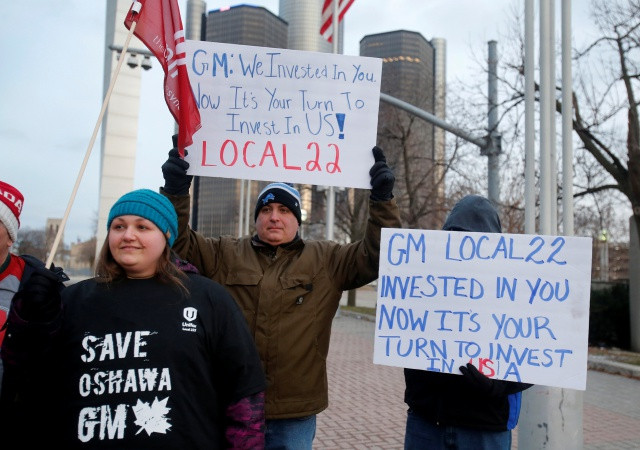Layoff announcements in the United States reached their highest level for the month of February since the global financial crisis, according to a report released by outplacement firm Challenger, Gray & Christmas on Thursday. The total of 84,638 planned job cuts in February marked a 3% increase from January and a 9% rise from the same month a year ago, with technology and finance companies leading the way.
The February layoff figures represent the worst for the month since 2009, when 186,350 job cuts were announced as the financial crisis was seemingly coming to an end. Despite the surge in layoffs, the total number of job cuts for the year so far stands at 166,945, a decrease of 7.6% from the same period last year.
"As we navigate the start of 2024, we're witnessing a persistent wave of layoffs," said Andrew Challenger, the firm's labor and workplace expert. "Businesses are aggressively slashing costs and embracing technological innovations, actions that are significantly reshaping staffing needs."
The technology sector has been hit particularly hard this year, with 28,218 job cuts announced, although this figure represents a 55% decrease from the same period a year ago. In contrast, layoff announcements at financial firms have risen by 56% compared to the first two months of 2023.
Other industries planning significant job cuts include industrial goods manufacturing (up 1,754% from a year ago), energy (up 1,059%), and education (up 944%). Despite the high number of layoff announcements, weekly jobless claims have remained steady, suggesting that unemployment is short-lived and workers are able to find new positions relatively quickly.
Companies most frequently cite restructuring plans as the primary reason for workforce reductions, according to Challenger's experts. While artificial intelligence (AI) has been directly cited for just 383 job cuts, "technological updates" in general have been at the root of more than 15,000 reductions, nearly equaling the combined total for all years since 2007.
"In light of the backlash some companies have faced for directly attributing job cuts to artificial intelligence, they appear to be framing this shift as a 'technological update' rather than an outright substitution of human roles with AI," Challenger noted. "In truth, companies are also implementing robotics and automation in addition to AI. It's worth noting that last year alone, AI was directly cited in 4,247 job reductions, suggesting a growing impact on companies' workforces."
The Challenger report highlights the ongoing transformation of the labor market as companies adapt to rapidly evolving technologies and economic conditions. While the overall job market remains relatively strong, with initial filings for unemployment insurance totaling 217,000 in the most recent week, the surge in layoff announcements underscores the challenges faced by workers in certain sectors.






